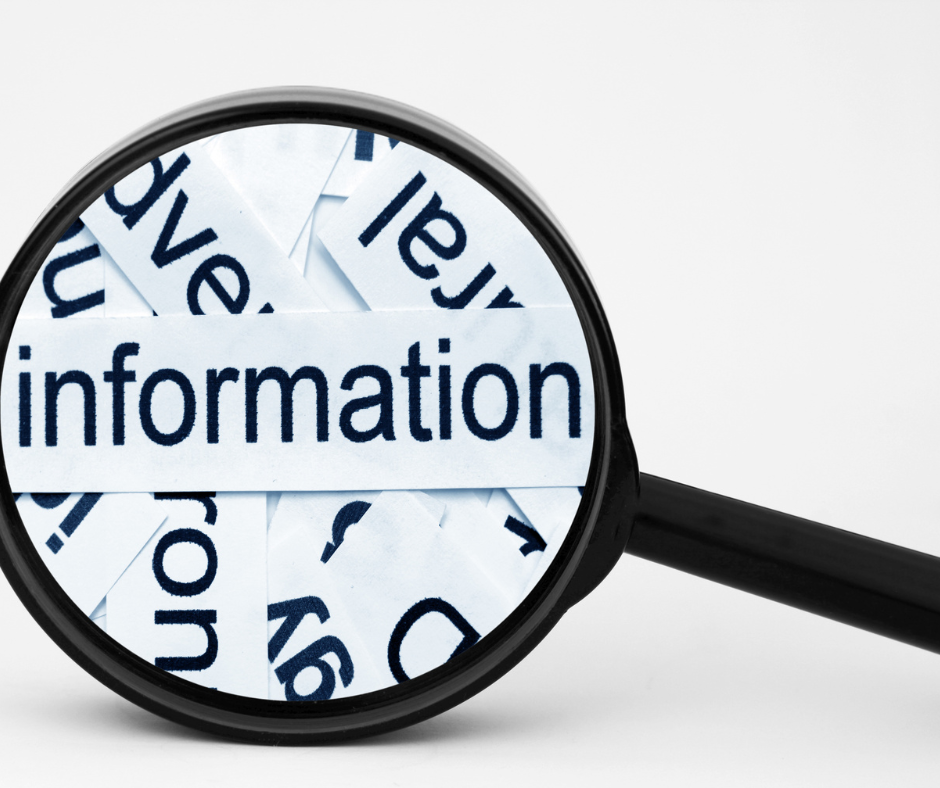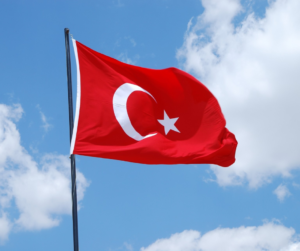“Democracy is not possible unless members of the electorate have access to reliable news on which to base their voting decisions. That cannot happen without ethical, independent journalism”, said the International and European Federations of Journalists (IFJ/EFJ) ahead of World Intellectual Property day on 26 April.
The federations point at a new troubling force in the information ecosystem: artificial intelligence. Developed using the works of human authors, often without consent or compensation, these systems generate content rife with inaccuracies and fabrications. The IFJ/EFJ warn that their unchecked use threatens the integrity of public discourse and poses a serious risk to the role of journalism in supporting informed, democratic decision-making.
The IFJ/EFJ therefore insist that the laws that protect authors’ rights must now be strengthened, not weakened. It recognises the importance of libraries and archives; but point that when these are making works available online and therefore globally they are acting as publishers. “Any discussion of exceptions to copyright must be balanced by simultaneous measures to strengthen defence of the livelihoods and moral rights of journalists and other creative workers”, the IFJ/EFJ warn.
In these challenging times, any action that weakens journalists’ ability to make a living from independently publishing their work would add truth, force and blame to the recent street placard: “First they came for the journalists. We don’t know what happened after that.”
It is lawmakers’ responsibility to take action to avoid such an information apocalypse, recall the IFJ/EFJ.
Source: IFJ




